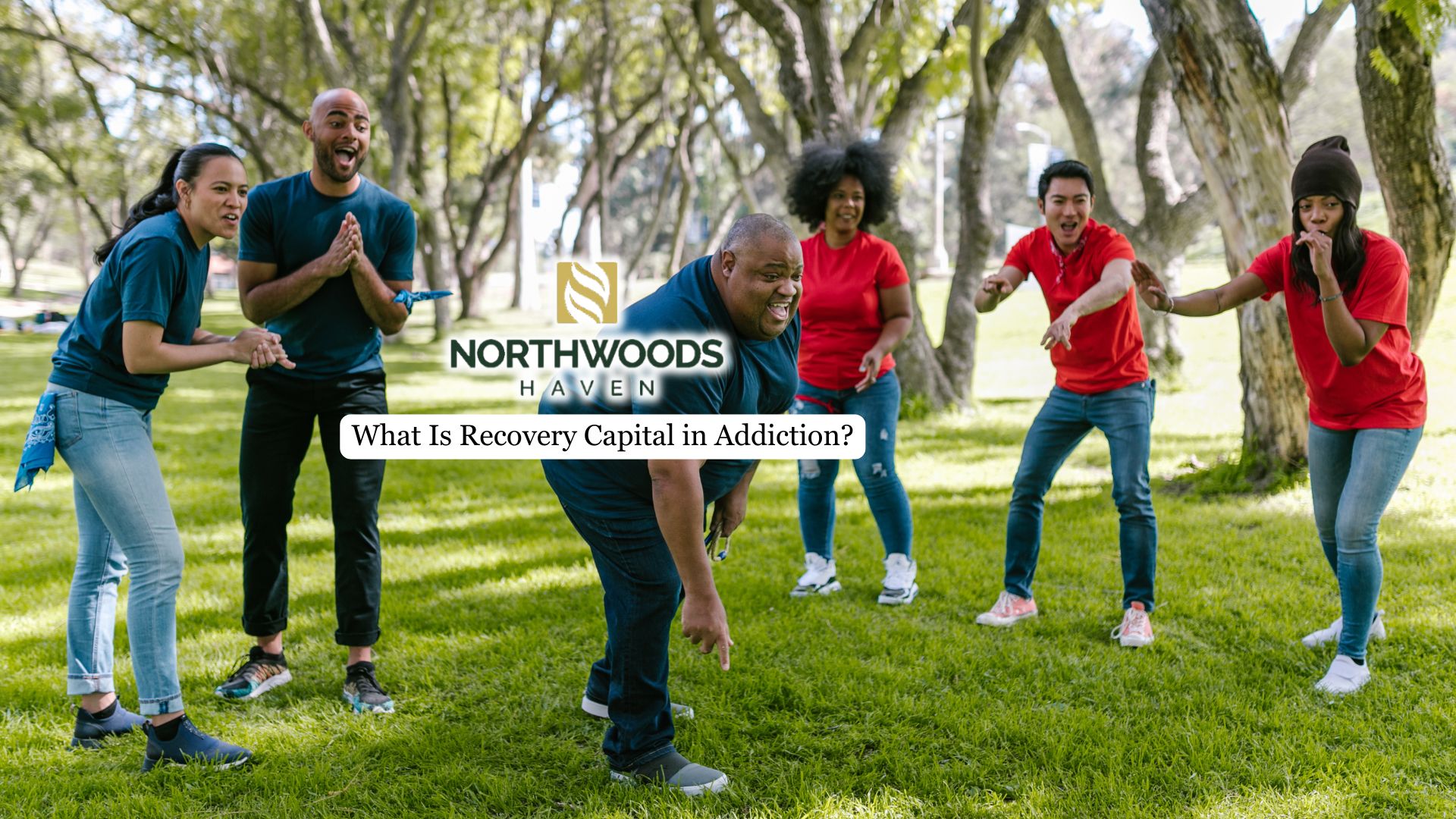Healing from addiction involves more than simply stopping substance use, rather it requires building the resources that sustain long-term wellness. This is where the concept of recovery capital comes in. It refers to the internal and external assets that support an individual’s journey toward lasting sobriety.
In this article, we will break down what recovery capital means, why it matters, and how it can strengthen the process of overcoming addiction.
Understanding Recovery Capital
Recovery capital refers to the total sum of resources a person has available to initiate and sustain healing from addiction. These resources can be internal, such as coping skills and resilience, or external, such as supportive family relationships, access to healthcare, and participation in an outpatient treatment program.
Unlike a one-size-fits-all approach, this framework recognizes that each individual’s strengths and barriers are unique, and the level of support needed may vary. This framework helps both clients and treatment providers focus on building long-term wellness rather than addressing only short-term abstinence.
The Four Domains of Recovery Capital
Recovery capital is often divided into four main categories. Each plays a distinct role in shaping a person’s path towards healing.
- Personal capital includes internal strengths such as mental health stability, physical health, financial resources, education, and coping skills. A person with strong personal capital may find it easier to manage stress without turning to substances.
- Social capital refers to supportive networks of family, friends, peers, and mentors. Positive relationships provide encouragement, accountability, and emotional support throughout the process.
- Community capital encompasses external resources such as access to housing, employment opportunities, healthcare, and safe neighborhoods. These factors create a stable foundation for long-term healing.
- Cultural capital includes values, beliefs, and traditions that give meaning and purpose to life. For many, cultural identity, faith, or spirituality can play a major role in recovery motivation and resilience.
Why Recovery Capital Matters
The concept of recovery capital shifts the focus from deficits to strengths. Instead of concentrating solely on what individuals lack, it emphasizes the assets they already possess and the resources that can be developed. This strengths-based approach reduces stigma by recognizing that healing is not simply about eliminating substance use but about improving quality of life.
Research shows that individuals with higher levels of recovery capital are more likely to maintain sobriety, experience fewer relapses, and build stronger connections within their communities. Conversely, limited resources—such as a lack of social support or unstable housing—can increase the risk of setbacks. By evaluating these factors, treatment providers can tailor care plans to strengthen specific areas that support lasting wellness.

Building Recovery Capital During Treatment
Treatment centers often incorporate strategies to build recovery capital alongside clinical interventions. This might include life skills training, educational programs, vocational support, and opportunities to connect with alumni networks or community resources. Group therapy and peer-led support also expand social capital by creating bonds with others who understand the challenges of addiction.
By addressing multiple aspects of a person’s life, treatment not only helps with immediate progress but also lays the groundwork for lasting sobriety. Strengthening these supports ensures individuals leave treatment with tools, relationships, and resources they can rely on long after formal care ends.
Measuring and Strengthening Recovery Capital
Some treatment providers use recovery capital assessments to evaluate the resources and barriers each person faces. These assessments guide personalized treatment plans, helping identify areas that need reinforcement. For example, someone with strong family support but limited employment opportunities may benefit from career counseling or job placement assistance. Over time, expanding these supports creates a stronger safety net that reduces relapse risk and improves quality of life.
Final Thoughts from Northwoods Haven Recovery
Recovery capital is a practical way of understanding the supports and resources that sustain long-term sobriety. By strengthening social, physical, human, and cultural assets, individuals can build resilience and create a more stable foundation for transformation.
At Northwoods Haven Recovery, we recognize the importance of recovery capital in every treatment journey. Our approach integrates clinical care with opportunities to develop life skills, community connections, and personal growth. By focusing on the resources that truly matter, we help individuals not only overcome addiction but also build fulfilling, balanced lives rooted in strength and stability.



